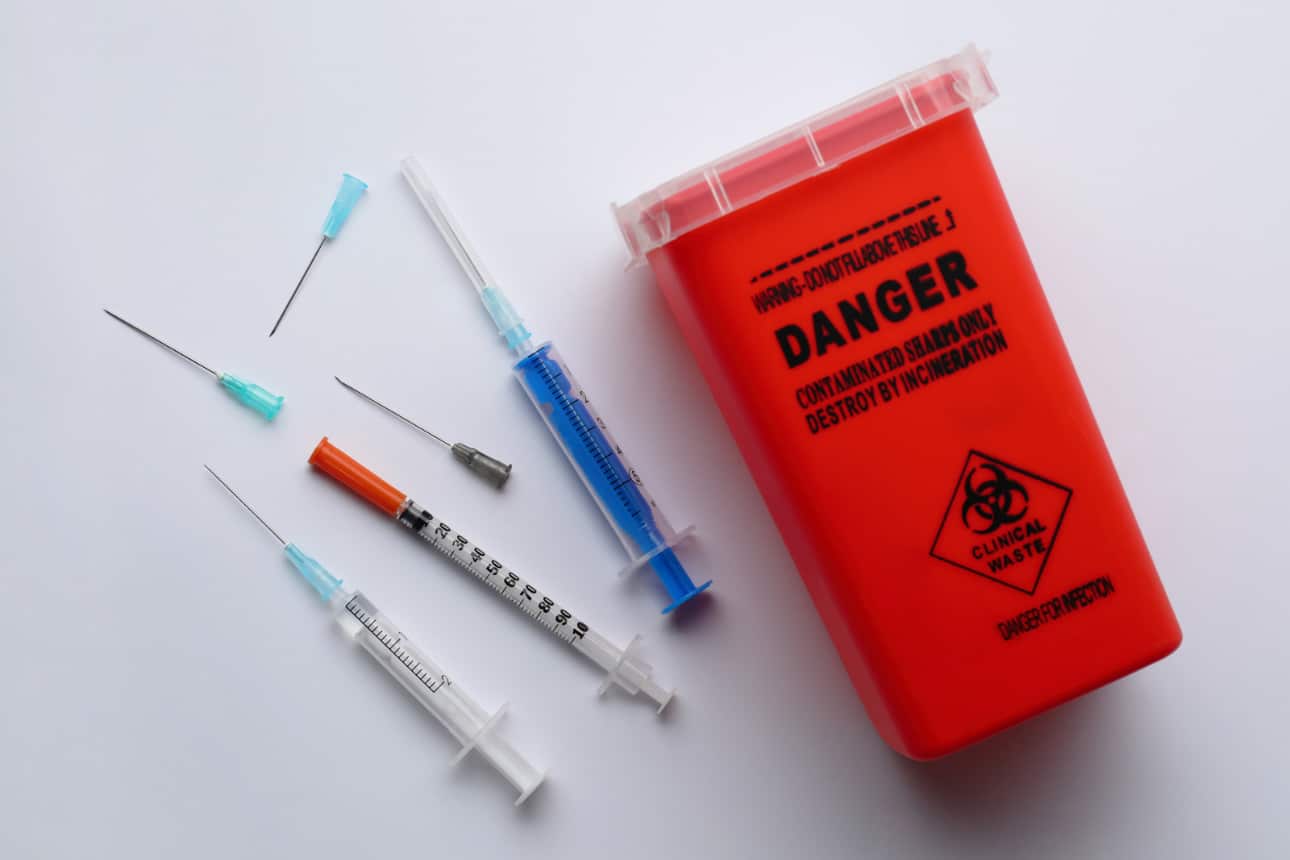- Empty cart.
- Continue Shopping
How to Protect Yourself from Sharp Objects

In our daily lives, we encounter sharp objects that can pose risks if not handled with care. Whether in the kitchen, at work, or during recreational activities, understanding how to protect yourself from sharp objects is crucial for your safety.
1. Safe Handling in the Kitchen
– Use Sharp, Quality Knives
Sharp knives are safer to use than dull ones, as they require less force and are less likely to slip.
– Proper Cutting Techniques
Learn and use proper cutting techniques to minimize the risk of accidents.
– Store Knives Safely
Store knives in a knife block or on a magnetic strip to keep them out of reach and prevent accidents.
2. Handling Glassware and Breakable Items
– Avoid Overloading
When carrying glassware or breakable items, do not overload your arms to maintain better control.
– Check for Cracks or Chips
Inspect glassware for cracks or chips before use to prevent breakage during use.
– Use Protective Gloves
When handling sharp glass pieces, consider wearing protective gloves to minimize the risk of cuts.
3. Safety at Work
– Wear Protective Gear
When working in environments with sharp objects, wear appropriate protective gear such as gloves, safety goggles, and steel-toed shoes.
– Use Safety Equipment
Familiarize yourself with and use any safety equipment provided in your workplace, such as guards on machinery.
– Follow Proper Procedures
Adhere to company guidelines and procedures for handling sharp tools or objects.
4. Safe Disposal of Sharp Objects
– Use Proper Containers
Use puncture-proof containers for disposing of sharp objects like needles or broken glass.
– Label Hazardous Waste
Clearly label containers with hazardous waste symbols to alert others to the presence of sharp objects.
– Follow Local Regulations
Adhere to local regulations for disposing of sharp objects to prevent harm to sanitation workers and the environment.
5. Safety During Recreational Activities
– Use Proper Equipment
Ensure that recreational equipment, such as fishing hooks or camping knives, are in good condition and used correctly.
– Follow Safety Guidelines
Familiarize yourself with and follow safety guidelines specific to your recreational activity.
– Seek Training
If engaging in activities like archery or hunting, seek proper training to use sharp objects safely and effectively.
6. Childproofing and Pet Safety
– Secure Sharp Objects
Keep sharp objects out of reach of children and pets, and use childproof locks on cabinets.
– Educate and Supervise
Educate children about the dangers of sharp objects and supervise their activities to prevent accidents.
7. First Aid and Emergency Response
– Know Basic First Aid
Familiarize yourself with basic first aid techniques for treating cuts and puncture wounds.
– Have a First Aid Kit
Keep a well-stocked first aid kit accessible, especially in areas where sharp objects are commonly used.
Finally, Protecting yourself from sharp objects is essential for maintaining safety in various aspects of life. By following these guidelines, practicing awareness, and using common-sense precautions, you can significantly reduce the risk of accidents and injuries. Remember, staying informed and vigilant is key to ensuring your safety when dealing with sharp objects.








